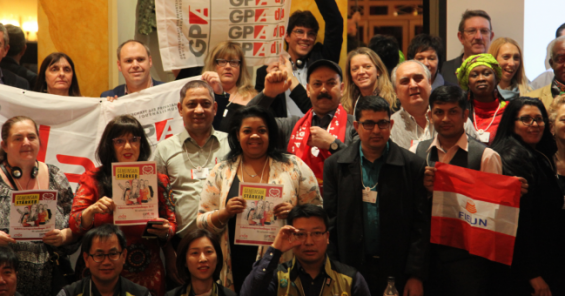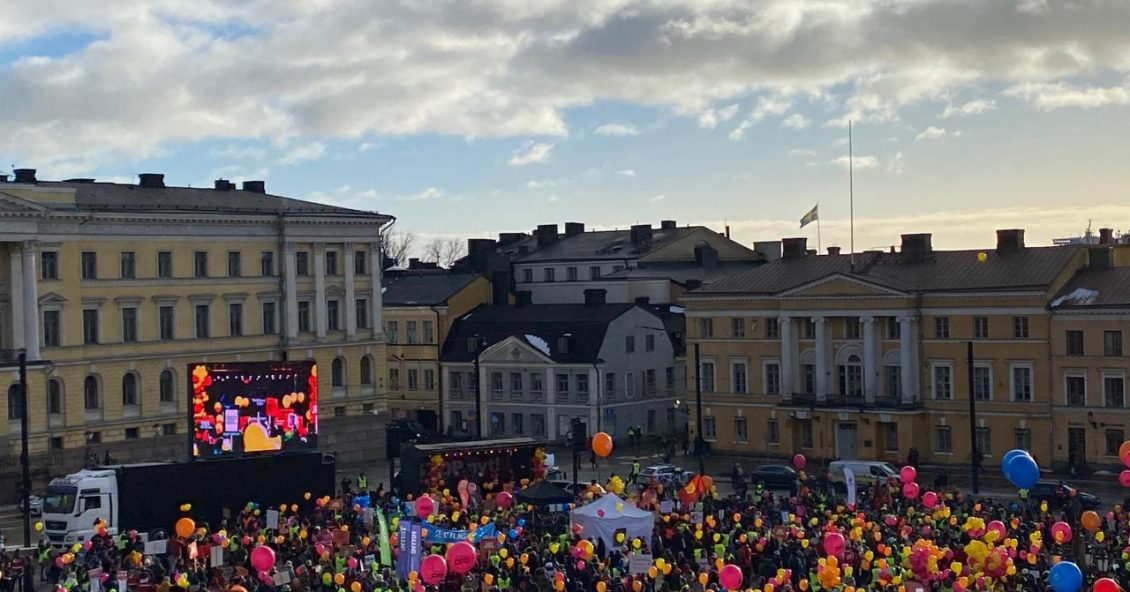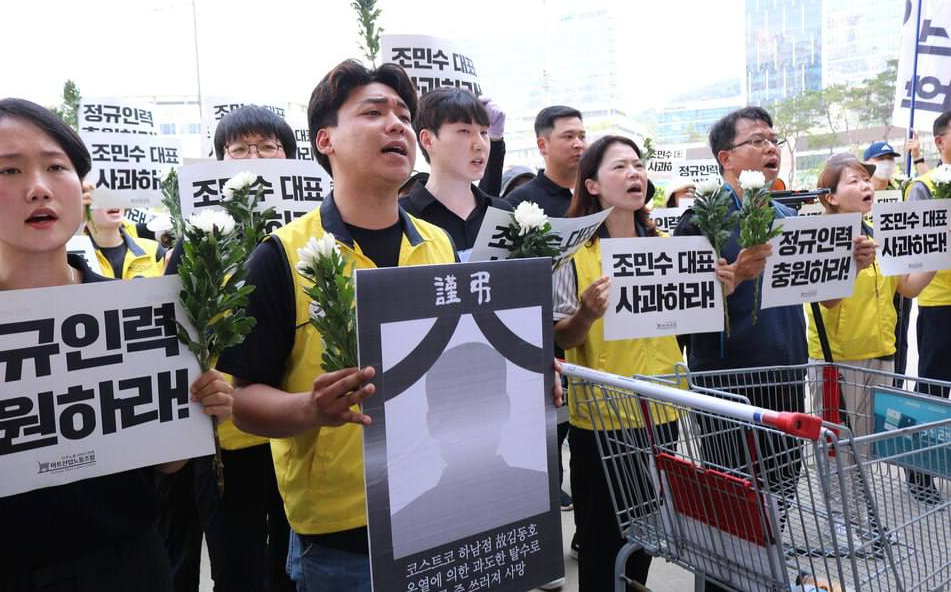UNICARE is building bridges in a thriving and rapidly transforming sector. According to the World Health Organisation (WHO), there will be almost 120 million new jobs created in the care sector. At the UNICARE World Conference in Rome, representatives of the WHO, the Catholic Church and Age Platform Europe reiterated their eagerness to continue coordinating with UNICARE and other social partners.
In Italy, there is a longstanding history of collective bargaining between FISASCAT and the Catholic Church. With an increasing elderly population in Italy, the relationship between the Catholic Church and trade unions is one that works for both the benefit of care workers and for the care sector.
“Collective bargaining is like the gospel of our organization,” said Padre Ciccimaro from the Catholic Church. “And you need to spread the gospel. Our relationship with the trade unions has been one of the cornerstones in creating decent working conditions for care workers in Italy.”
A resolution adopted at conference seeks to build on the Italian experience and aims to build similar relations with Catholic Church related care institutions around the world. “Together we want to ensure that care workers have decent conditions,” said Adrian Durtschi, Director of UNICARE. “With unions and the Catholic Church working as social partners, we can ensure that care workers have the tools, wages and conditions to provide the quality service their patients deserve.”
Paul Marsden, Technical Officer from the WHO encouraged investment in the Care sector as a way of combatting the gender pay gap.
“Health and social care are major drivers of economic growth – across OECD countries in the last 15 years, there has been 48 percent growth in the care sector, “said Marsden. “The best way to combat the gender pay gap would be to value the work in traditionally female sectors such as care. Investing in high quality care jobs with high quality pay could enhance women’s economic empowerment.”
By 2050, 22 percent of the world population will be over 65. Almost 2.5 billion elderly people worldwide in 2050 will mean an explosion in care jobs that will require different skills, retraining and collaboration. Age Platform Europe, an organization which defends the rights of older people in Europe, stressed that their emphasis going to this period of rapid transition is on human rights.
“Ensuring that both patients and care workers’ human rights are respected is at the forefront of our aims. Decent working conditions for care workers is one of the building blocks for maintaining quality care for the elderly, and we are happy to collaborate with UNICARE to help make it happen.”



